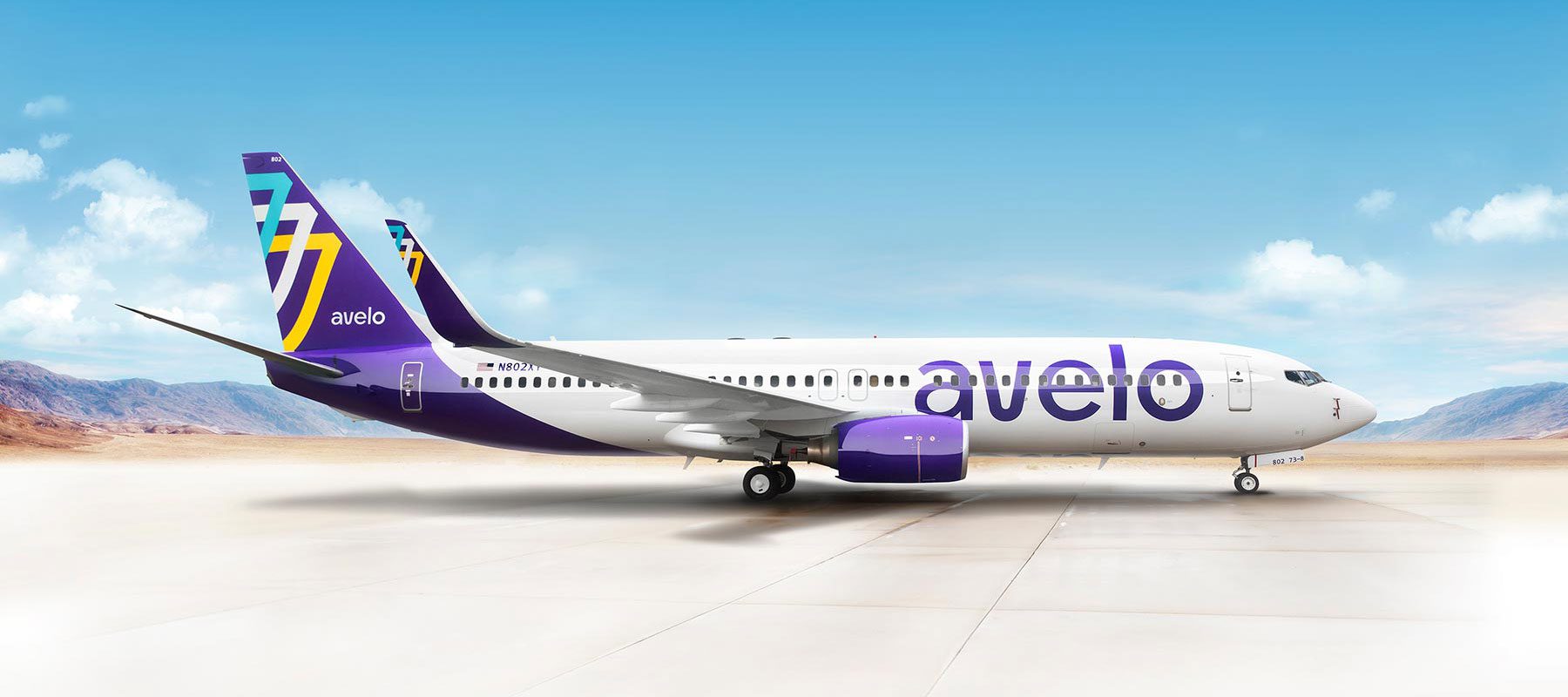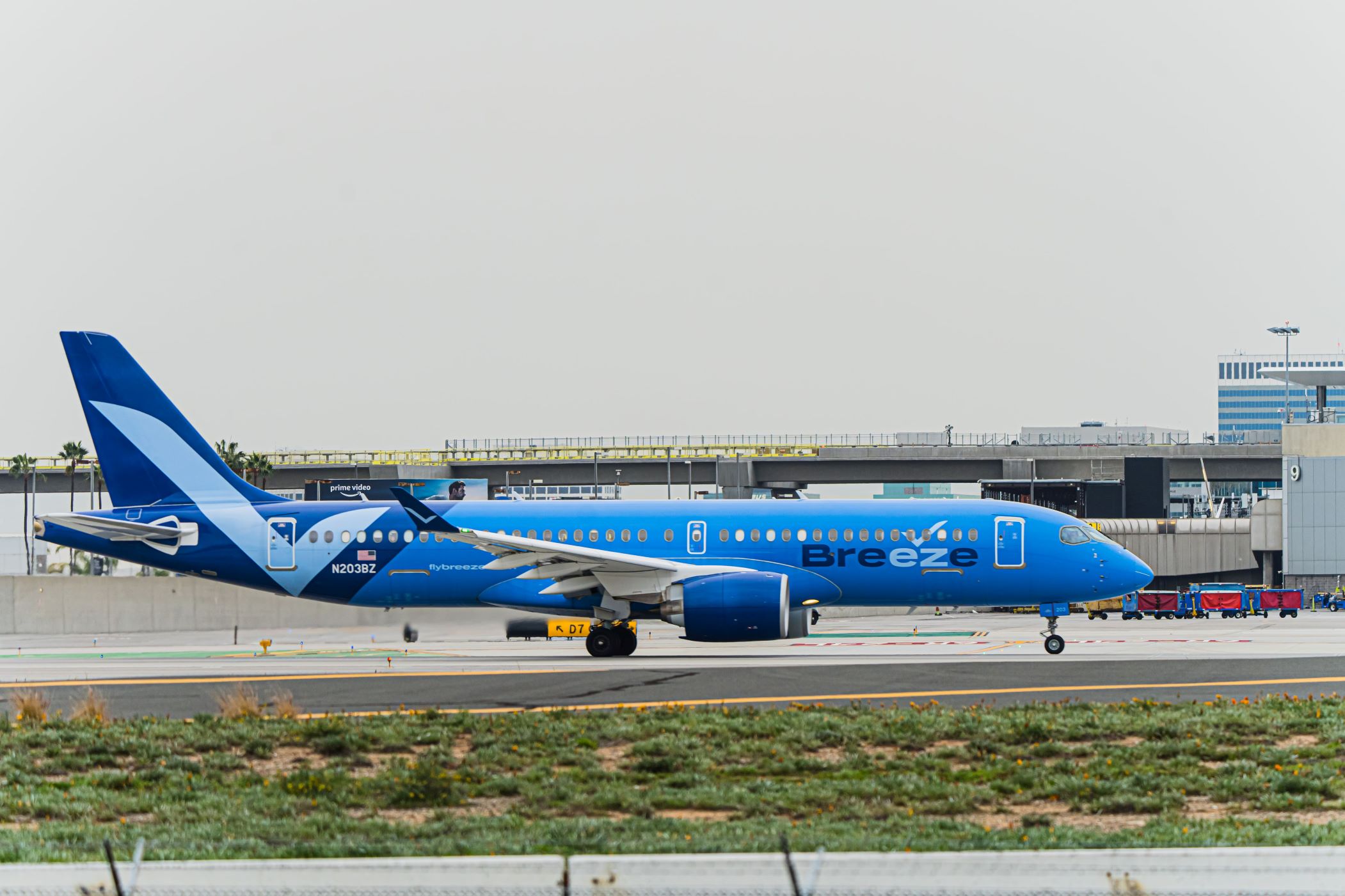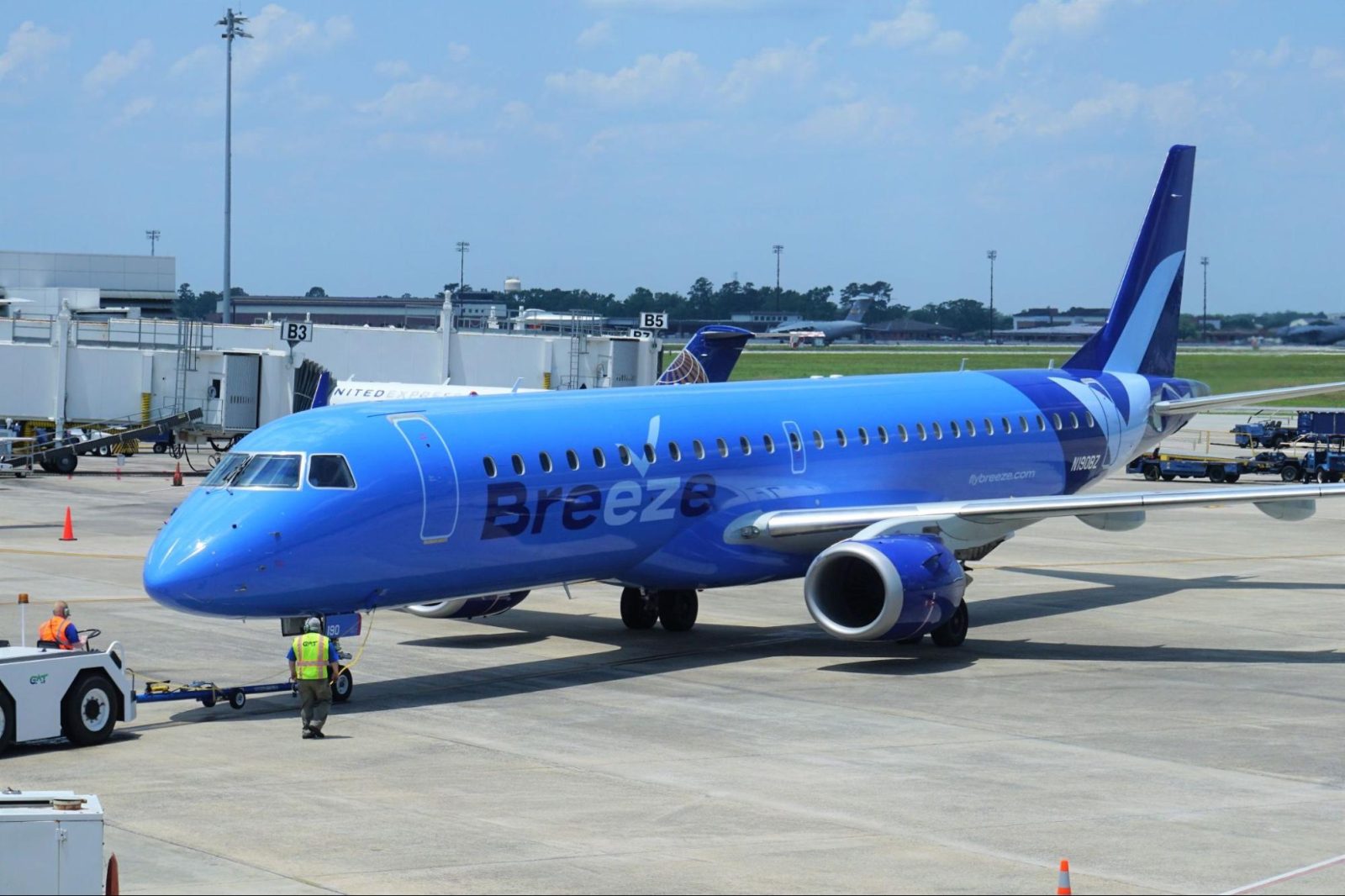In the nearly four years since the COVID-19 pandemic disrupted air travel, the largest U.S. airlines have managed to return to profitability. CEOs of two newly established airlines launched amidst the pandemic, anticipate following suit.
Avelo and Breeze Airways, both low-cost carriers initiated in 2021 amidst air travel demand plummeting by over 30%, have significantly expanded their operations.
They’ve strategically introduced numerous routes across the country, focusing on cities with less competition from major carriers, such as Los Angeles’ Hollywood Burbank Airport or Islip, Long Island, over New York City.
Despite being dwarfed by industry giants like Delta, American, United, and Southwest, which collectively control about three-quarters of the U.S. market, Avelo and Breeze have made noteworthy strides.

Avelo reported flying 2.3 million customers in 2023, with flights averaging over 80% capacity, while Breeze flew more than 2.8 million travelers, maintaining a 77% capacity rate.
Though significantly smaller compared to established carriers, Avelo marked its first profitable quarter in the last quarter of 2023, projecting a full-year profit for 2024 with a revenue increase of 74% to $265 million in 2023. Breeze, under CEO David Neeleman’s leadership, is also on track for its inaugural profitable year in 2024.
Henry Harteveldt, president of Atmosphere Research Group, noted that it typically takes two to four years for airlines to achieve profitability, a milestone both Avelo and Breeze are approaching despite industry-wide challenges like rising oil prices, supply chain disruptions, and pilot shortages.
In their pursuit of the low-cost carrier segment, Avelo and Breeze have strategically chosen routes and airport hubs, avoiding major airports and opting for secondary ones.

Avelo operates from six bases, primarily in the Northeast and Florida, while Breeze flies out of about 50 airports across the U.S., emphasizing vacation destinations and cross-country flights.
Both airlines continue to expand their route networks, offering base fares supplemented by additional fees for services like checked luggage and advanced seat assignments.
Despite operational challenges stemming from post-pandemic pilot shortages and supply chain disruptions, both airlines remain committed to enhancing their services and achieving sustained profitability.
While industry consolidation has seen some low-cost carriers merging, Avelo and Breeze stand firm in their commitment to offering diverse options in the U.S. airline market.
Harteveldt emphasized the benefits of increased competition for consumers, underscoring the potential for multiple players to thrive in the low-cost carrier segment.







Leave a Reply